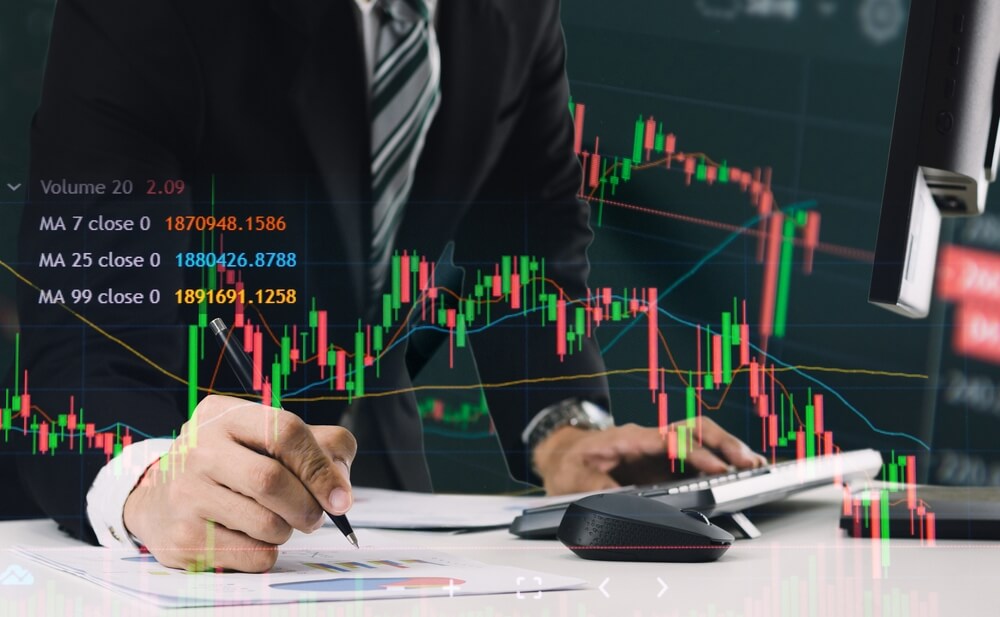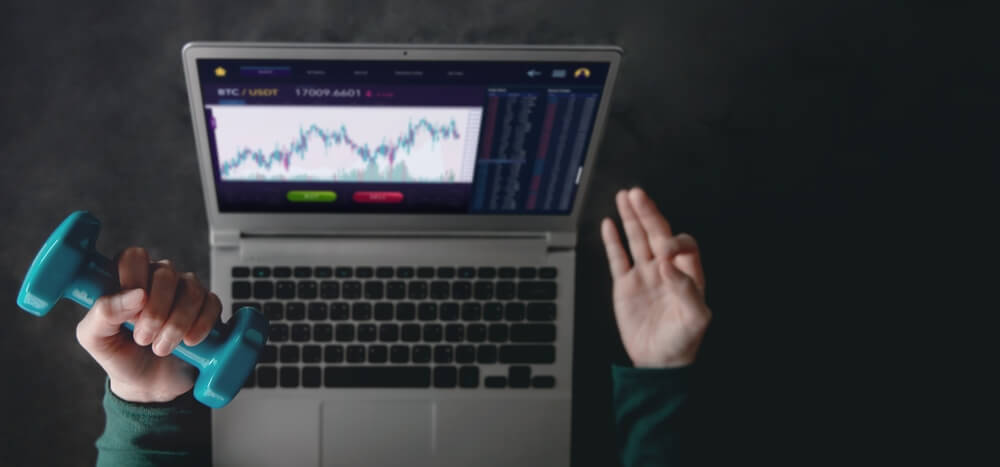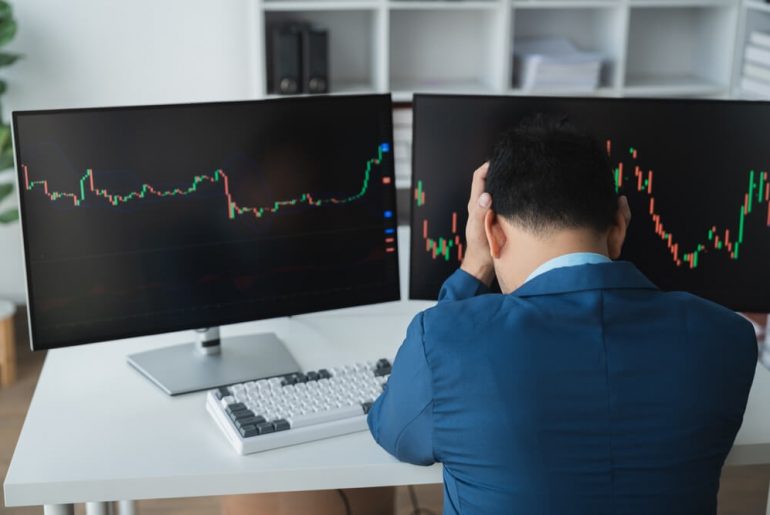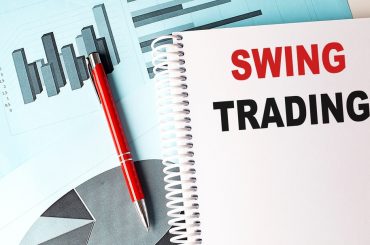Today, let’s take a break from mathematics, charts, and innovations to discuss what traders should do when stress hinders their work. Every experienced participant in the financial markets knows that it is practically impossible to make correct decisions in a state of heightened anxiety. So, let’s figure out why psychological resilience is just as important as understanding technical analysis. Most importantly, we’ll learn how to stay calm even in the most extreme situations.
Psychology and Decision-Making
Why is psychological resilience so important? The answer lies in the area of human physiology, which is inseparably linked with psychology. During stress, our body starts to produce a set of hormones, the most important of which are adrenaline and cortisol. They are responsible for triggering the so-called “fight or flight” response. For millions of years, this mechanism saved our ancestors, causing them to fight, run away, freeze or hide in the event of danger.
However, what works well in the wild is categorically unacceptable in trading. All the reactions mentioned above essentially turn off the rational part of our consciousness. And it is this rational part that our victories and defeats in trading depend on. While quick decision-making is useful in a fight, such impulsiveness in the financial markets often leads to negative financial results.

The main emotions that traders face, which need to be overcome, are fear, greed, and excessive self-confidence. The latter should not be confused with healthy confidence, which I will talk about later. For now, let’s deal with the types of stress we encounter.
Different Types of Stress
If emotions are what we feel right now, then stress is a more general state of the body characterized by increased tension. Stress can be short-term or long-term. Short-term stress is caused by a specific trigger, such as a sharp and unexpected turn in the chart. Long-term stress can accumulate unnoticed for months or even years, only to burst out at the most unexpected moment. This type of stress is particularly dangerous because it is practically invisible to us at the moment.
How to Maintain Calmness in Trading
Now that we have defined what stress is and how emotions can hinder us, I will outline the methods I have developed over many years of working in the financial markets. Use them, adapting them to suit your needs.

1. Setting realistic goals. Ambition is very important. I do not personally know a single successful trader who lacks this trait. However, ambition must be realistic. If your goal is to earn 100% profit per month for a year, you might want to reconsider. Why is smart goal-setting crucial for emotional control? Because our body responds to any failure with stress. Failure, to our consciousness, is a discrepancy between the result and the plan. Conversely, when we achieve more than expected, the body produces pleasure hormones, significantly reducing stress levels. Therefore, I always set goals about 5-10% lower than what I believe I can achieve.
2. Physical activity. This is a way to combat long-term stress. Activities like fast walking, running, swimming, or even light gymnastics during the workday increase testosterone and dopamine levels. These are the best fighters against adrenaline. Regular physical activity should be scheduled independently of your trading performance. If you exercise only when trading is not going well, sports might quickly become associated with negative feelings. Develop a schedule where physical exercises bring pleasure and are a consistent part of your routine.

3. Adaptability. Someone once said that there is nothing more foolish than doing the same thing every day and expecting different results. Any financial market is a complex and dynamic structure. It needs to be adjusted to, studied, and our behavior needs to change according to reality. Emotionally, being adaptable makes you more flexible and ready for new challenges.
4. Constant self-education. Remember when I mentioned the difference between self-confidence and confidence? A self-confident trader believes all their actions are correct. A confident trader knows which actions are likely correct. The difference may seem small, but it is significant. The best way to develop confidence is through continuous learning. Every day, I read about outstanding traders and open a new book every few weeks. The more you know about your work, the less likely you are to make mistakes and experience negative emotions.

5. Maintaining a trader’s journal. Perhaps this item should have been mentioned first, but I wanted to start with something simpler. A trader’s journal is the best way to organize all aspects of your work. Record your goals, analyze and adjust strategies, set work schedules, and document all results. This helps avoid emotional trading and allows you to track any moment when something does not go according to plan.
6. Error analysis. This follows naturally from keeping a trader’s journal. After a negative trading result, take a pause in trading. Open the chart where the issue occurred and your trader’s journal. Analyze each of your steps. Did you do everything right? If not, why? This process helps you quickly identify moments that trigger emotional reactions and improve control.
7. Positive reinforcement. Remember how you enjoyed being praised as a child? Those pleasant memories stem from deep emotional experiences. If you only scold yourself for mistakes, trading will quickly become unpleasant. When you achieve a positive result, reward yourself in a way you enjoy. This could be a walk in the park, a night out, or buying something nice. The key is for your body to perceive victories not just as numbers on a trading account, but as tangible rewards.

Conclusion
Understanding and managing psychological resilience is crucial for traders. By recognizing the physiological and psychological impacts of stress, traders can develop strategies to maintain their composure and make rational decisions, even in high-pressure situations.
Each of these methods is the result of extensive research and personal experience. Your list might differ. For instance, some traders find that breathing exercises, retreats, or intense physical activities like sparring work best for them. The key is to continually experiment with new strategies until you discover what helps you maintain complete calmness. Once you achieve this state, you’ll be amazed at how much your trading results improve.





